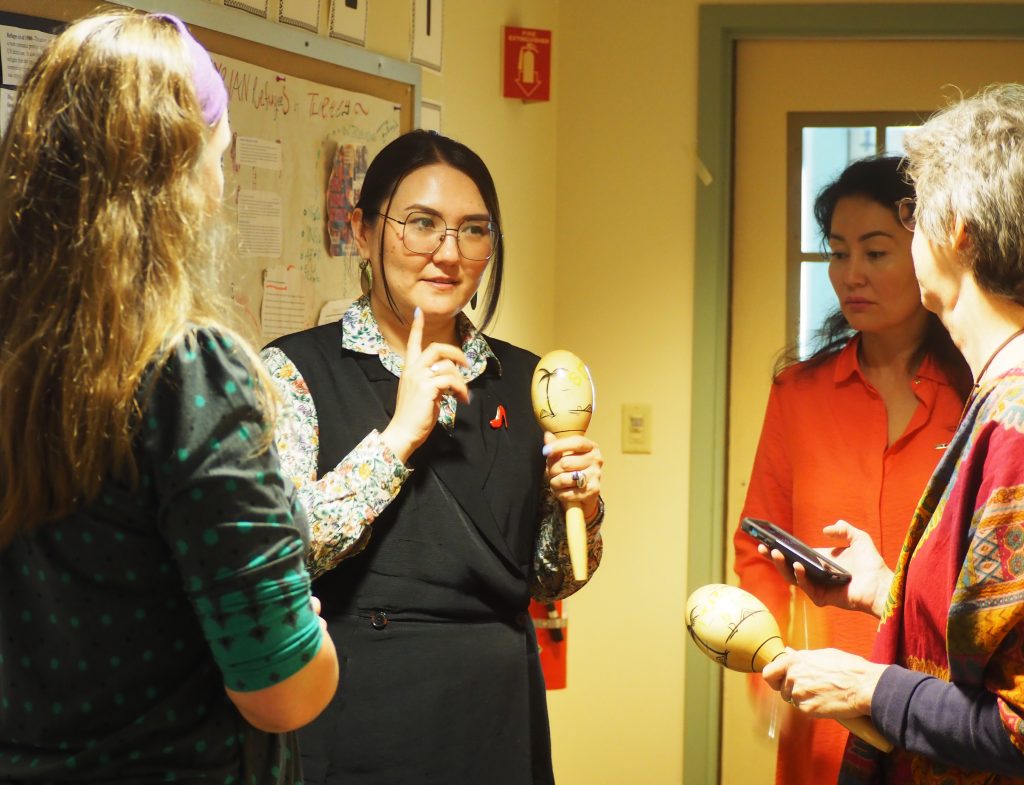Making CONTACT: Participants gather to learn peacemaking skills
June 14th, 2019 | SIT Graduate Institute
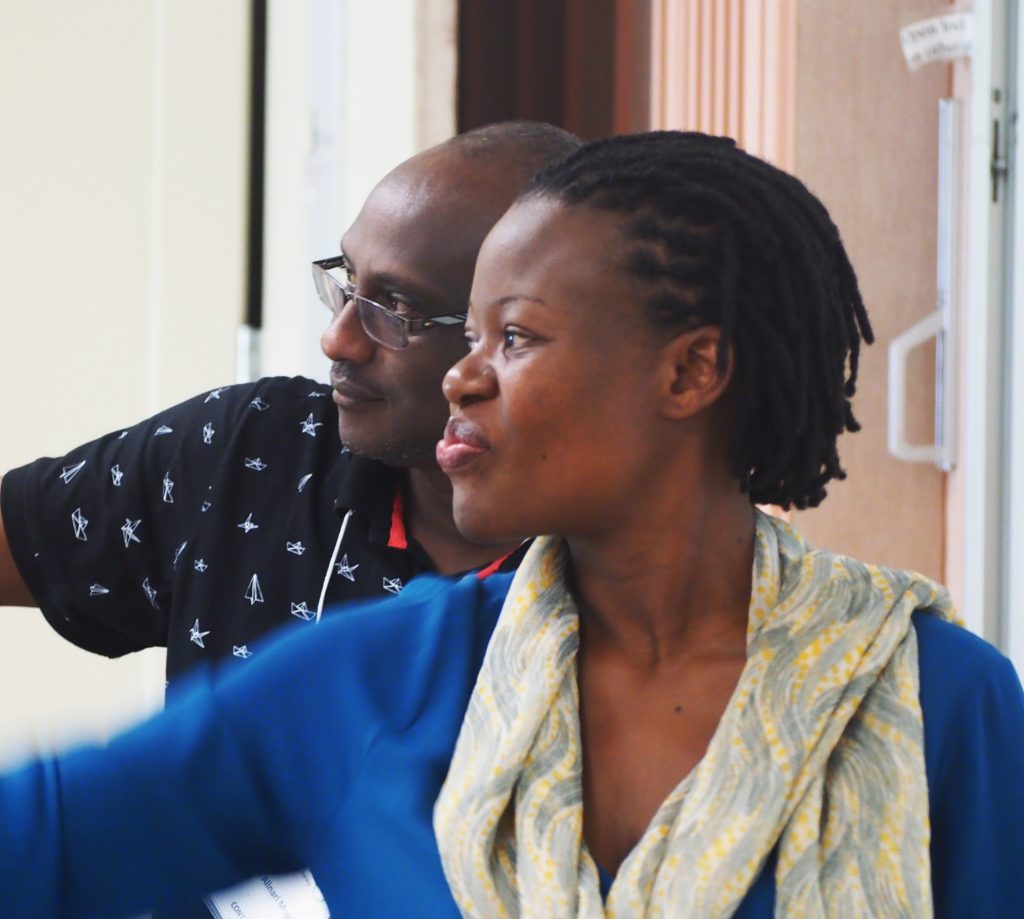
Every summer, an international group of peacemakers gathers on the SIT campus in Vermont. They learn from faculty, but they also learn from the often remarkable experiences of their fellow students.
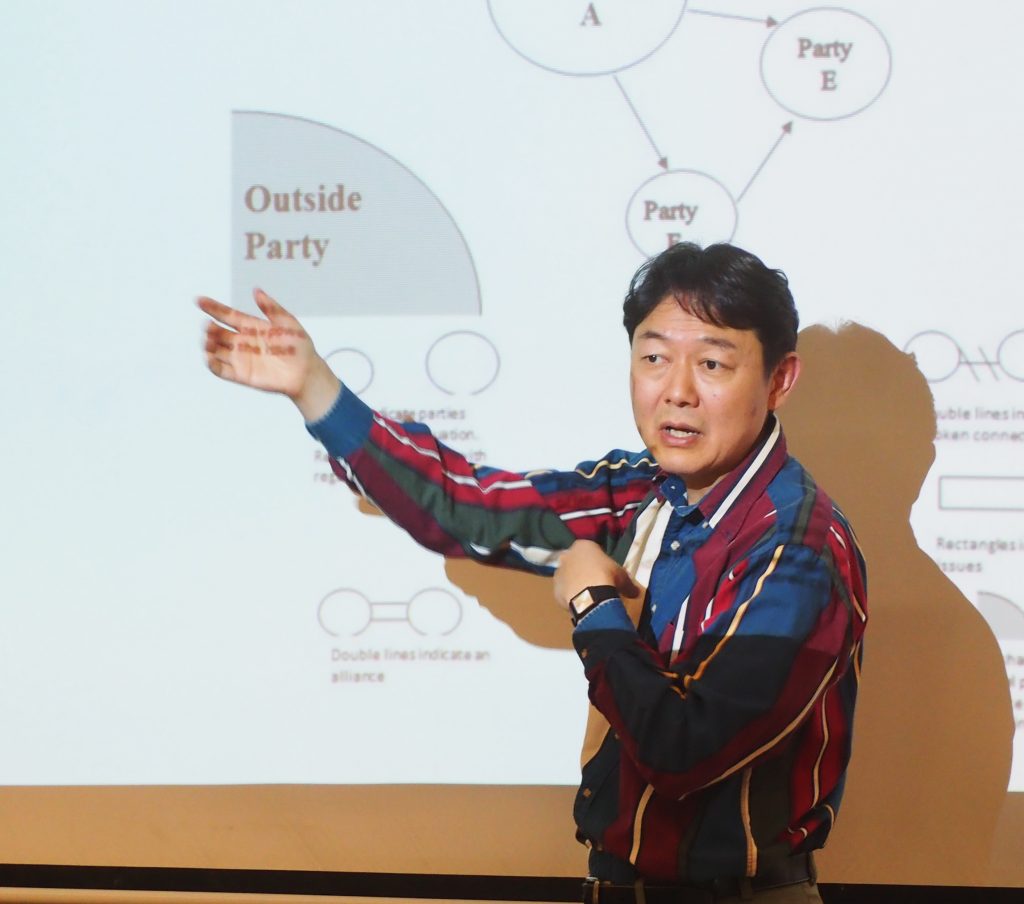
Participants in CONTACT -- Conflict Transformation Across Cultures -- spend two weeks in Vermont, taking core and elective courses and simply getting to know each other. Many spend a third week in Washington, D.C.
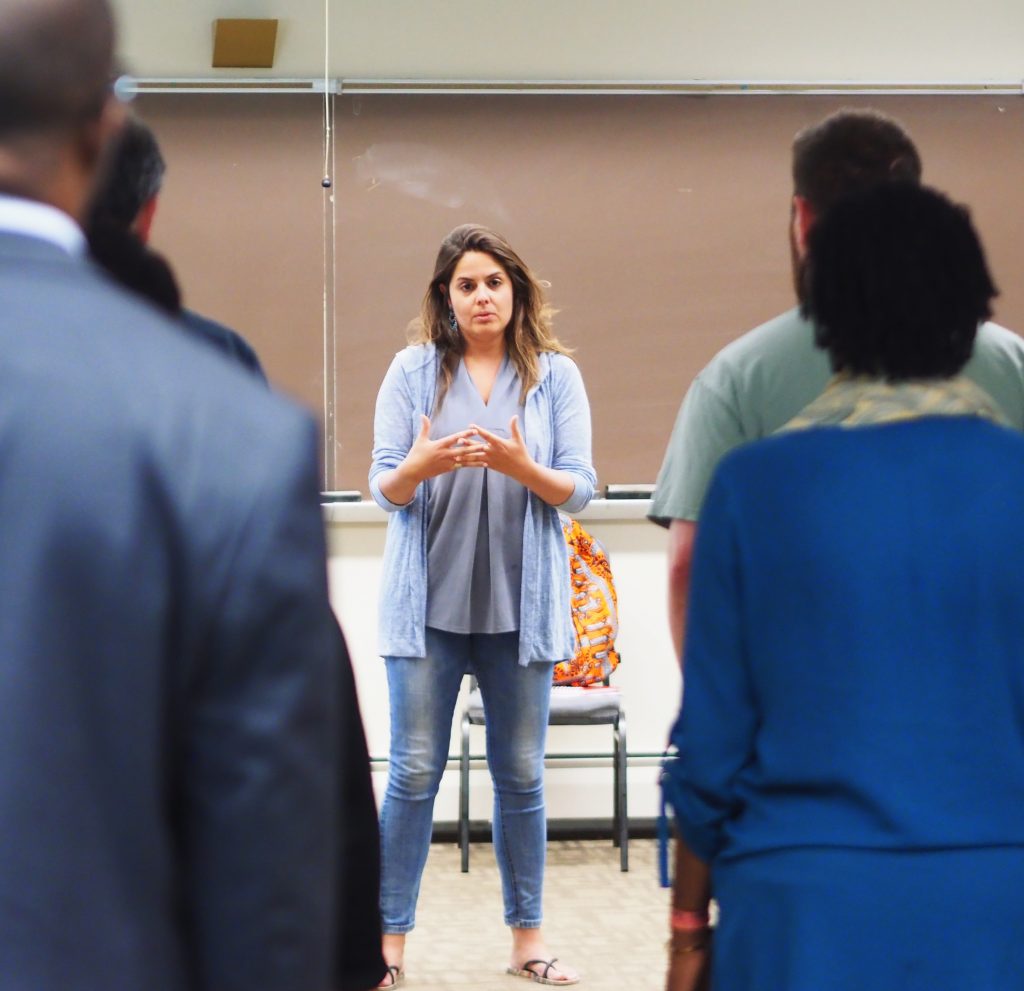
CONTACT classes get down to serious business, discussing intractable conflicts and the details of developing dialogue even in such difficult circumstances. But classrooms often emit sounds of music and laughter -- participants lead exercises aimed at shared sense of purpose and cross-cultural understanding before the hard work begins.
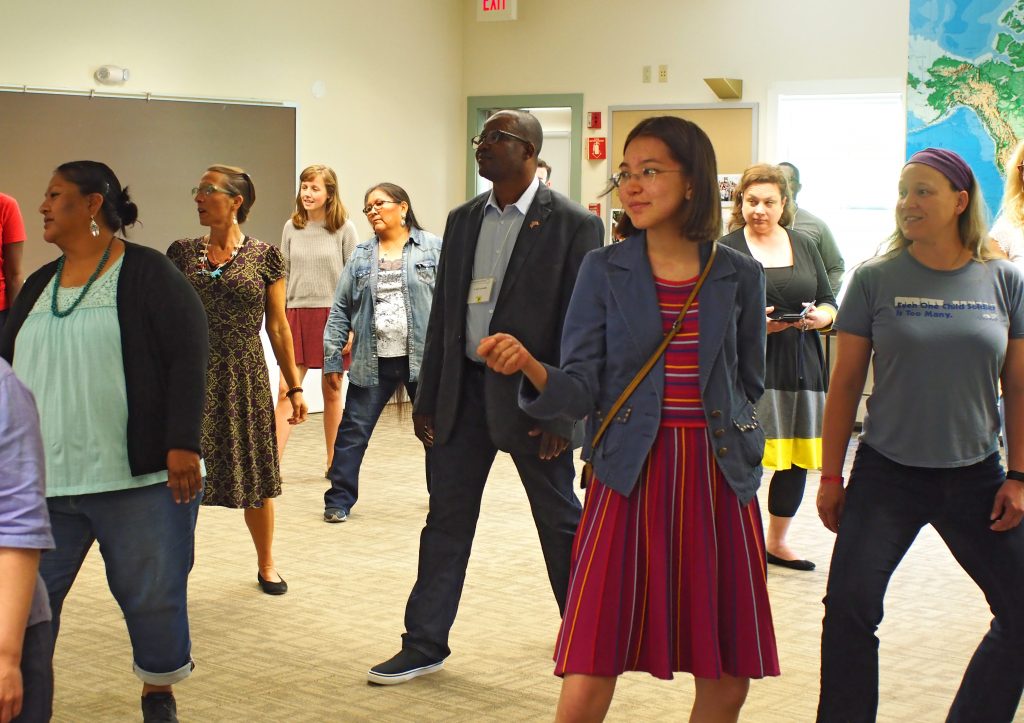
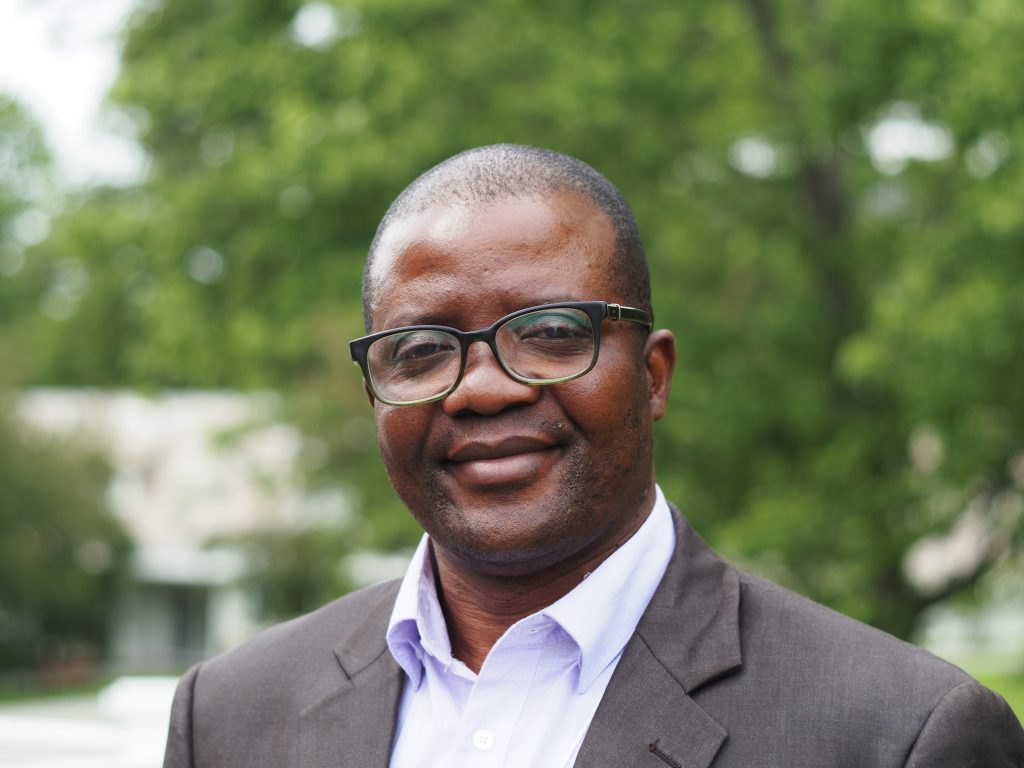
Abel Learwellie came to CONTACT to enrich his knowledge of the work he’s already doing as executive director of the Camp for Peace Liberia, which brings together youth to learn about non-violent conflict resolution and peace education. “Everything we do here is practical, which leaves a very good imprint on your mind. I’ll be able to apply these practical concepts in my day-to-day work,” he says.
Learwellie particularly enjoys the opportunities to exchange ideas with peers from across the world — including Rwanda, Spain, the U.S., and Canada — who have different experiences and perspectives on peace and conflict transformation. “Everyone is bringing their experiences,” he says. “I’m learning a lot from my peers and they’re also learning from me. It’s give and take.”
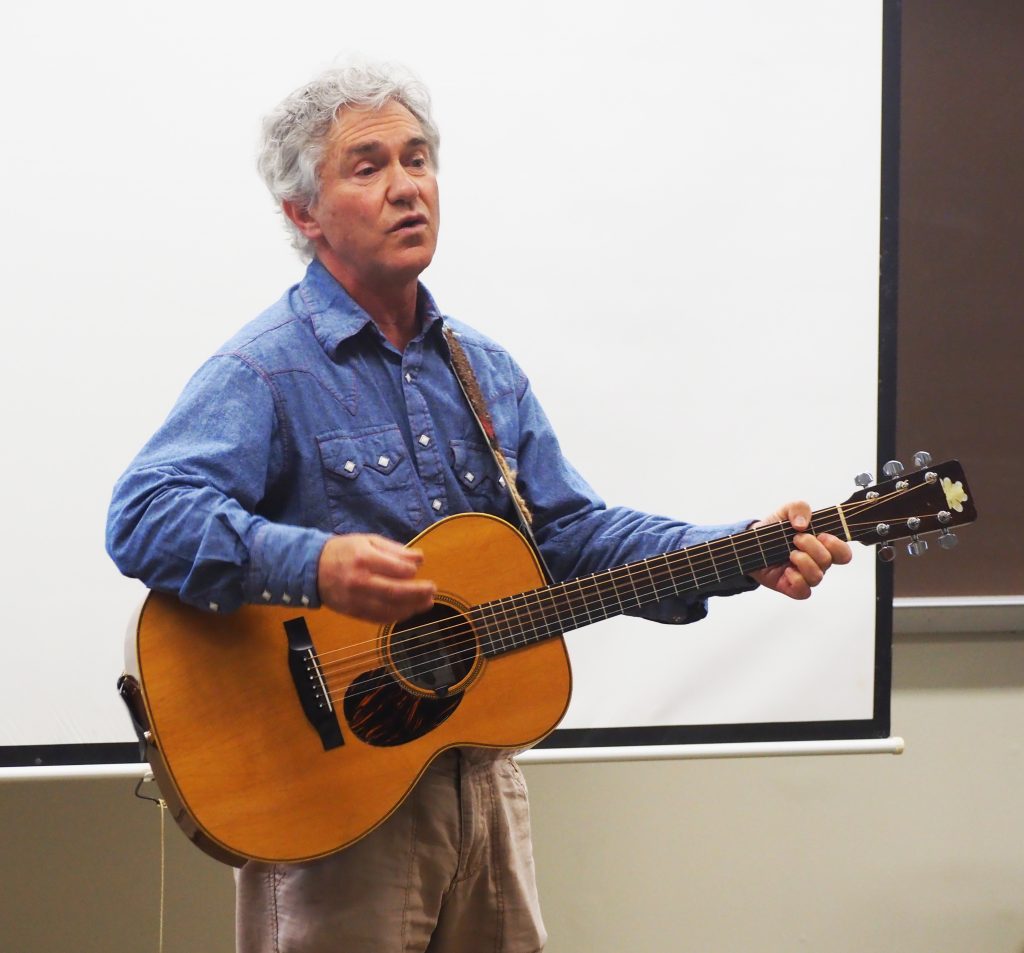
Some CONTACT participants are new to the field of peacemaking, or come to the program to augment work they do in other fields. Others, like Learwellie, arrive with careers in the field well underway.
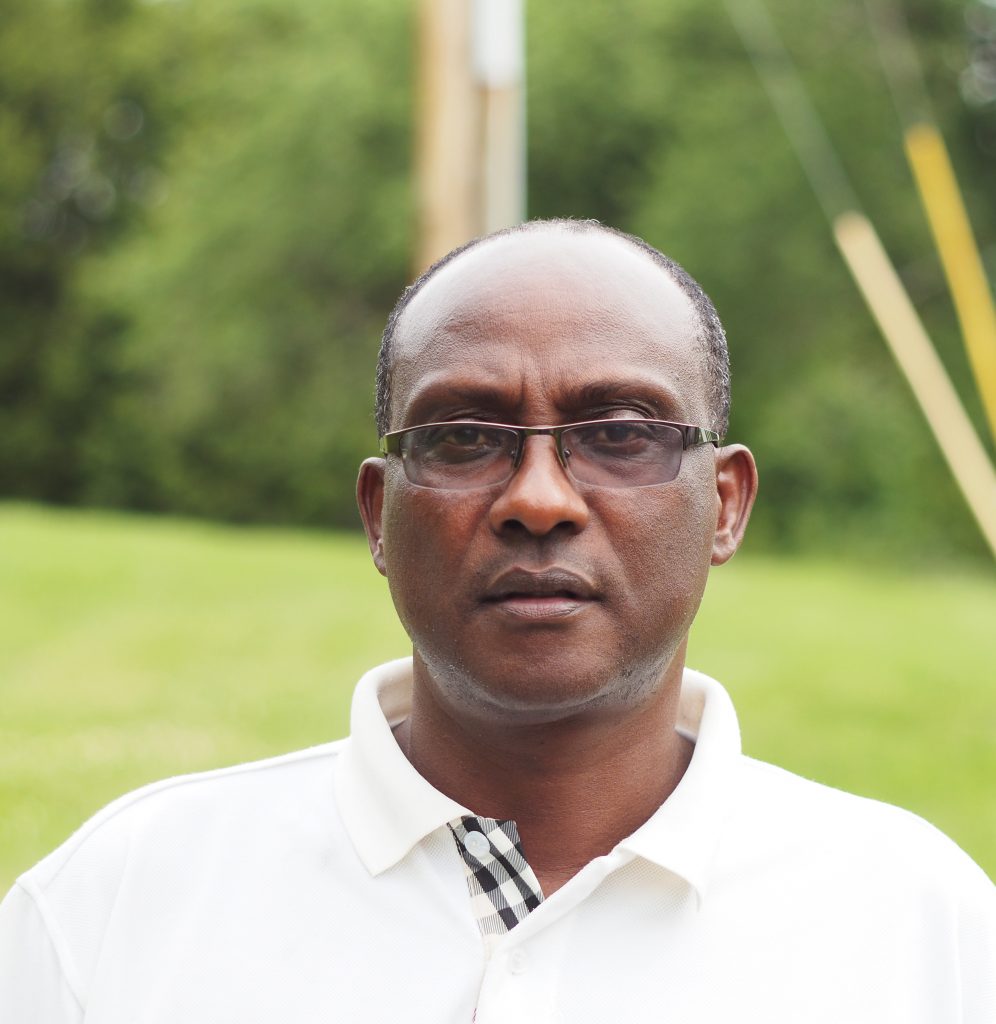
Conflict transformation is at the heart of Johnson Mugaga’s role at the National Unity & Reconciliation Commission of Rwanda, established to unite the country in the aftermath of that country's 1994 genocide. As division manager in charge of programs, he often works with researchers and experts, and wanted to gain a better understanding of their technical knowledge. “The best place to get it is CONTACT,” he says.
Not only is the program giving him better insight into his work, but Mugaga says the scenic peace of the SIT campus has been very conducive to learning. “It’s a good environment for anything academic,” he says.
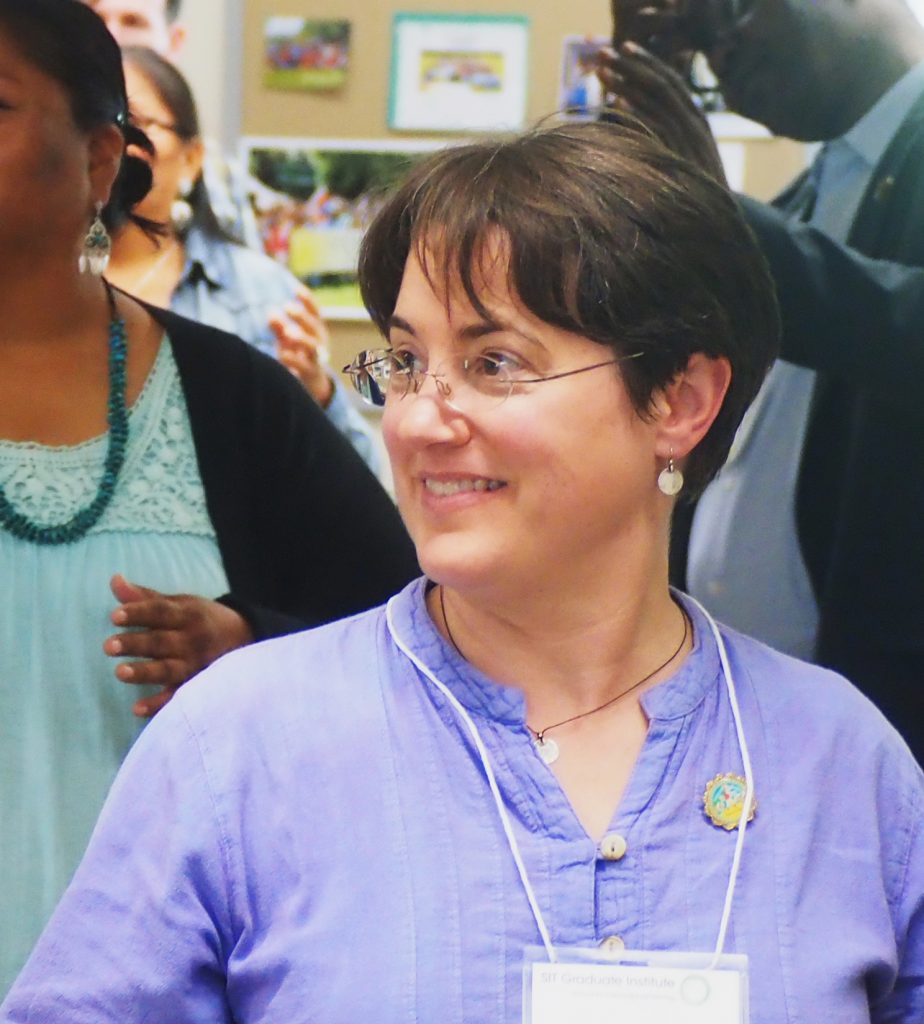
Another of this year’s participants is Kerry Ryer-Parke, who teaches voice at Bennington College in Vermont. Though at first glance it may seem unusual for a music teacher to study peacebuilding, it’s a natural progression for Ryer-Parke.
“I believe in music as a community-building activity. I’m looking to design courses that combine music and peacebuilding,” she says.
The organization Musicians Without Borders is also a key part of the CONTACT program, offering electives in just this sort of combination. Ryer-Parke says she’s found that their work has offered her a well-researched foundation for things she, as a music teacher, already found herself understanding on a more intuitive, instinctual level.
“They’ve discussed how trauma interferes with things like cognition. And music has the ability to bring the brain back into function because it uses the body, it uses rhythm, it uses both hemispheres of the brain.”
Echoing the sentiments of many students, Ryer-Parke adds that her time on campus has proven fruitful not solely because of academic work, but in part because of the opportunity to get to know people from different backgrounds and cultures.
